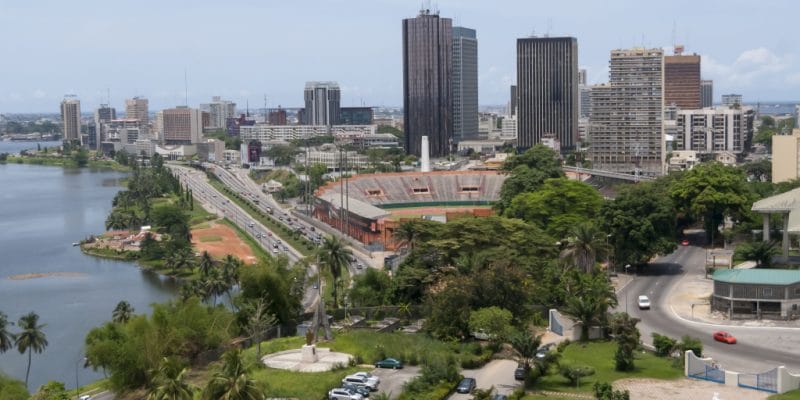Since post-colonialism, most of Africa’s 54 countries have undergone major political change, each with its own history and characteristics.
The period between the 1950s and 1970s was not just a period of active decolonization in Africa, it was also a time of reverberating jubilation and excitement with the belief that Africa had finally turned a corner with seventeen of the continent’s countries achieving independence one after the other.
However, this jubilation was short-lived. Independence was followed by a difficult and dissatisfying thirty years as the heads of the new states took to authoritarianism through a single-party system. Furthermore, opposition parties were often declared illegal or they were repressed, therefore closing any opportunity for legitimate competition.
African people in their individual countries grew frustrated with their Heads of state; their expectations and hope following independence turning to utter disappointment and their lack of trust in the government grew as the economic crisis worsened. Their dissatisfaction led to the era of military interventions.
One of the main features of military interventions in African politics is the fact the military rulers justified most of the coup d’état that occurred as a national and patriotic obligation.
In other words, their objective was to save the respective African states from incompetence, poor governance, and corruption. Military coups occurred in countries like Uganda, Ghana, Nigeria, Togo, and Congo among several others. The overall number of coup attempts in Africa remained remarkably consistent at an average of around four a year in the four decades between 1960 and 2000.
These military interventions were being executed in the guise of national interest and patriotic duty because more often than not, they themselves were also corrupt, and oppressive than the government they overthrew. They suspended the constitution and had complete disregard for the rule of law. They used state powers for personal gains and enrichment and this made political power highly desired and thus, promoted a cycle of coups and counter-coups across the continent. This cycle continued until the early 1990s. Another political change was looming for the continent.
The democratization that took place in the 1990s is the most important development in African countries in recent years. It was a period that saw military rule or single-party rule being replaced by multi-party regimes in almost all African nations. Democracy was designed to open up the political space and in so doing, allow for greater competition in the struggle for political power. The ambition was to create a level playing field for all political actors, make government more representative and accountable, and allow for greater popular participation in national governance.
The last two decades in Africa have been marked by some dramatic and significant developments in the continent’s political terrain. Across Africa, governance has improved considerably since 2000. Significant improvements have been seen in participation, rule of law, and rights, among other dimensions. Many leaders have also shown improvements in transparency and accountability of government and governance.
Challenges however remain. Elections, which are meant to be free and fair, are every so often marred by corruption and fraud, and improvements in some dimensions of governance and democracy have stalled or declined in recent years in some countries.
The situation where long-serving leaders hold on to power despite outcry from the people is telling. The good news however is that as citizens get more educated, they are also becoming more vocal and more equipped to hold their elected officials accountable to the needs of the people. For example, in 2019, long-serving leader Omar al-Bashir was removed from power following months of protests. Bashir had himself taken over in a military coup in 1989.
While popular uprisings are legitimate and people-led, success is often determined by the decision taken by the military. These popular uprisings against long-serving dictators have provided an opportunity for the return of coups in Africa. Of the most recent dimensions of change in Africa’s political space is the concern that military coups which were a regular occurrence in the decades after independence are starting to become more frequent.
In 2021, Africa witnessed a higher number of coups compared with previous years. There were successful coups in Chad, Mali, Guinea, and Sudan and failed military takeovers in Niger and Sudan. This year has seen two takeovers in Burkina Faso as well as a failed coup attempt in Guinea Bissau.
African countries have conditions common for coups, like poverty, corruption, and poor economic performance. When a country has one coup, that’s often a harbinger for more coups. Will more African countries witness takeovers of the government by the military? Is Africa’s political terrain on the verge of changing dimensions? Those are the big questions.


